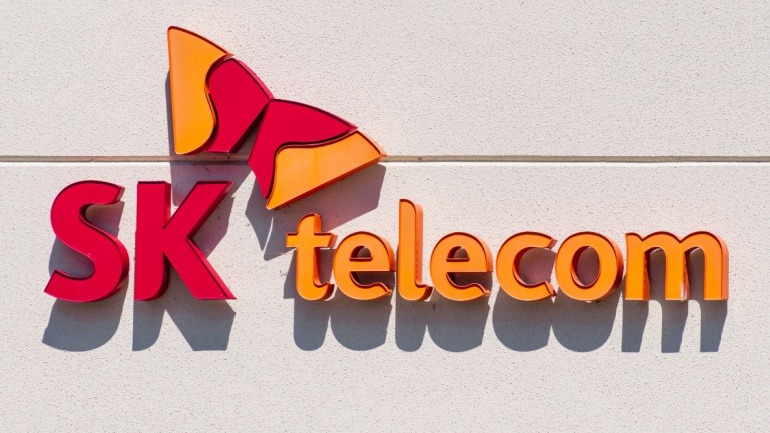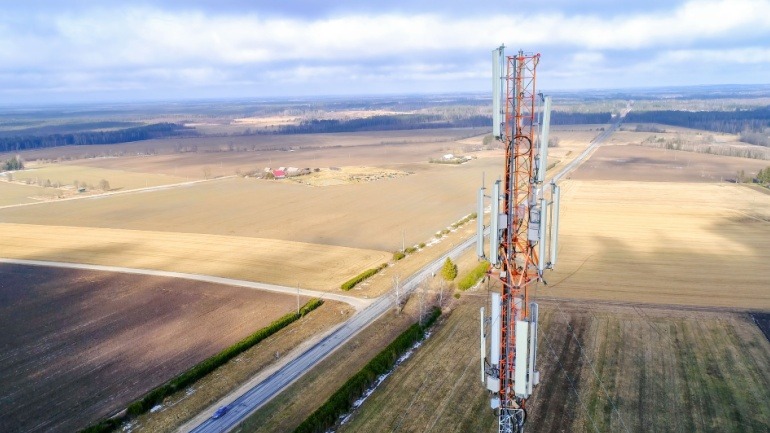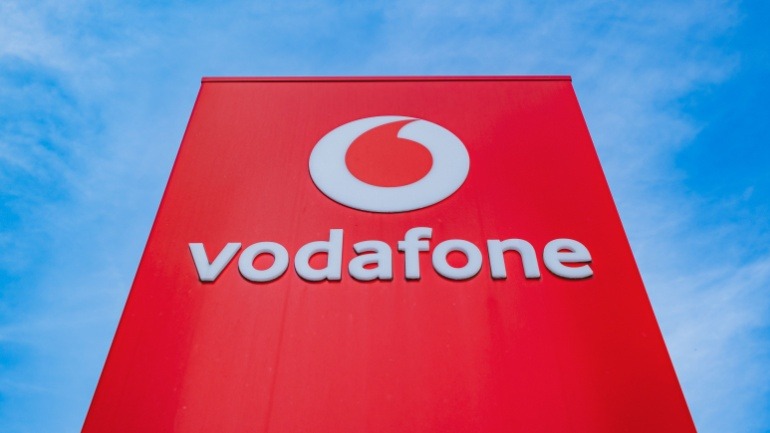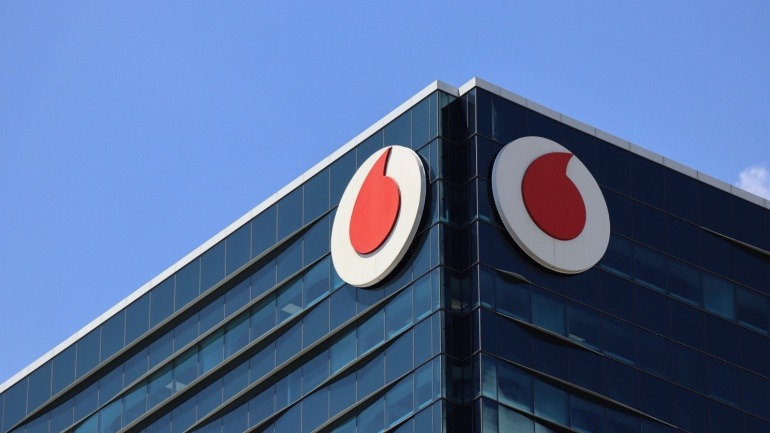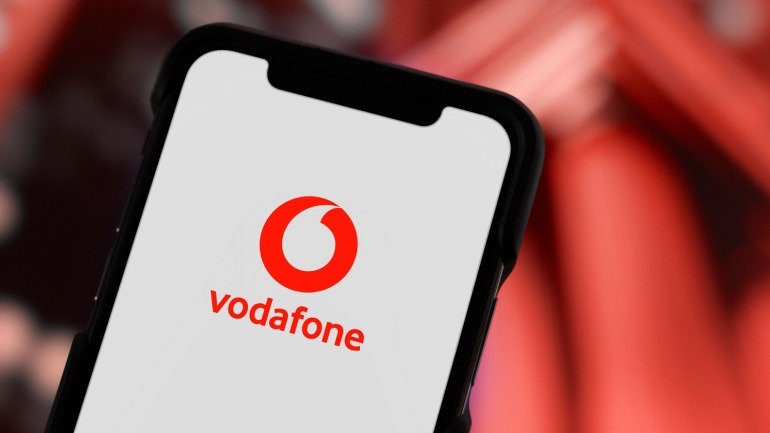Apple is pioneering groundbreaking satellite connectivity features for iPhones, marking a substantial evolution in mobile communications. By enhancing satellite messaging with photo transmission capabilities, improving navigation in no-signal zones, and easing indoor connectivity, Apple leverages partnerships to push boundaries. iPhone users can expect revolutionary advances, especially in areas where traditional networks fall short.
SK Telecom, a leader in VoIP technology, is boosting its data infrastructure with plans to expand its data center in Ulsan, South Korea, and build a new facility in Vietnam. Integrating cutting-edge technology, these advancements solidify SK Telecom’s commitment to enhancing data services, supporting the global shift towards advanced technological solutions.
Deutsche Telekom’s Greek arm’s impending acquisition of Terna Fiber seeks to revive Greece’s rural fiber build program and boost broadband expansion in underserved areas. Collaborating with OTE, GEK TERNA, PPC, and Vodafone Greece, this venture could enhance network capacity. Yet challenges include regulatory compliance and financial planning.
Vodafone’s exciting joint venture with SpaceMobile is forging ahead with a Satellite Operations Centre in Germany. Set to launch in 2026, this ambitious project will boost satellite-based cellular broadband across Europe. Vodafone’s commitment to satellite technology enhances public safety and disaster relief, offering valuable communication solutions in remote areas.
Discover the future of telecom with exciting trends set to reshape the VoIP landscape by 2026. From AI-driven automation enhancing customer interactions to the integration of MVNOs and Travel eSIMs boosting global connectivity, these innovations promise to revolutionize the industry. Operators, vendors, and investors must embrace these transformative forces for growth.
In the evolving landscape of hybrid work environments, VoIP technology is critical for seamless communication. As businesses integrate VoIP solutions with Microsoft Teams, Slack, and Asana, the challenge remains optimizing these tools to truly enhance productivity. Leveraging workforce intelligence, companies can analyze communication and task data to ensure effective collaboration, ultimately transforming hybrid work dynamics for success.
Discover how Vodacom’s CEO, Shameel Joosub, is steering the company towards growth by leveraging VoIP innovation and strategic M&A. Emphasizing partnerships in fiber infrastructure and data centers, these efforts promise to enhance regional connectivity. Explore the potential impact of Vodacom’s strategic moves in the rapidly evolving telecommunications industry.
Explore how 5G Fixed Wireless Access (FWA) transforms home broadband with innovative self-installable outdoor Customer Premises Equipment (CPE) from Solace Power. Overcome indoor signal challenges with wireless, window-mounted CPE that boosts spectral efficiency. This evolution promises enhanced connectivity and reliability, propelling the FWA technology into new growth possibilities.
Vodafone’s acquisition of Skaylink propels its public cloud strategy forward, enhancing integration capabilities to stay competitive in the digital landscape. By leveraging Skaylink’s expertise, Vodafone can elevate its cloud services, meeting growing demand with scalable solutions. This strategic move aids Vodafone’s digital transformation, aligning to offer comprehensive, tailored cloud solutions.
Nokia and Latvian telecom operator LMT have joined forces to enhance Baltic defense communications using Nokia’s 5G technology. This strategic collaboration promises a high-capacity, secure system for defense operations, enabling real-time data exchange and secure interoperability. By leveraging 5G’s high-speed connectivity, this partnership aims to advance military capabilities and strengthen defense strategies.




